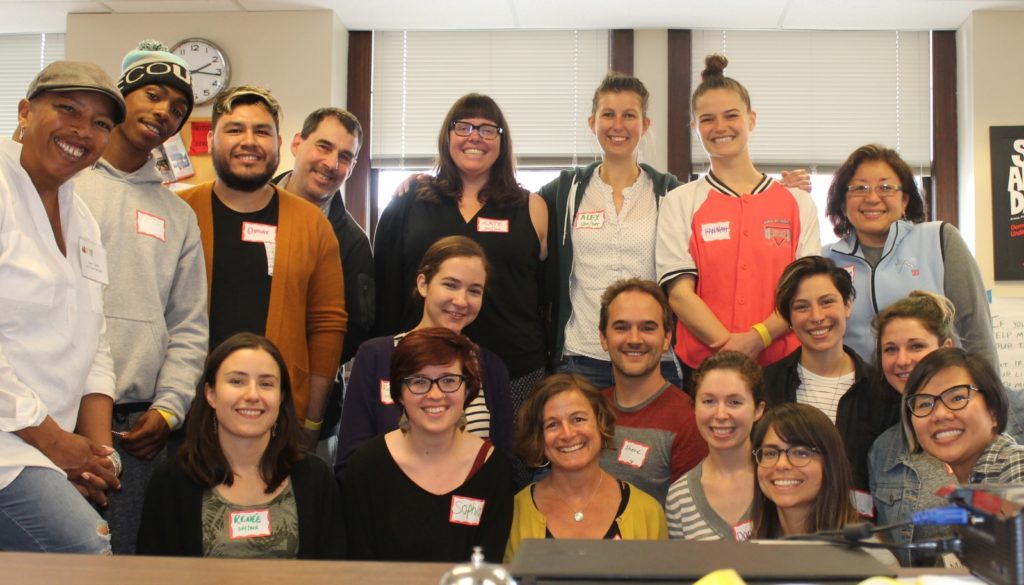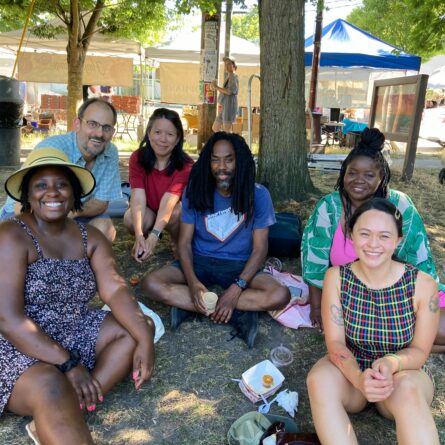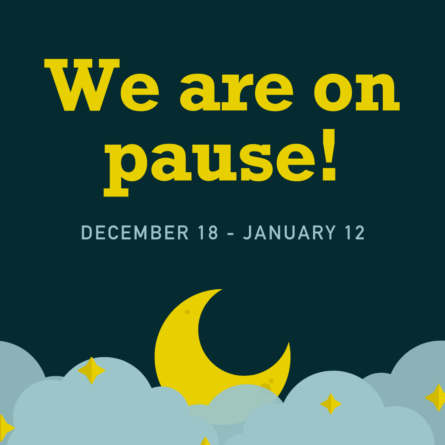
News + Events
Dear SJF Community,
I am happy to say that I, along with 16 other participants, just completed the 2016 Criminal Justice Giving Project that began in May. Together, we raised $213,245 for community organizing groups working on criminal justice issues in the Northwest. You can see the full list of organizations we funded here.

As someone who grew up in a biracial middle class, immigrant household I held a lot of confusion about how to unravel the complexities of access to wealth, privilege and inheritance along with being the daughter of an immigrant Filipina mom. I began realizing that most of the time in conversations with those I was close to, we avoided and/or do not know how to have meaningful conversations around how class dynamics (and their intersections with race and other forms of power and oppression) are constantly at play in our everyday lives and relationships. I often found myself resistant to talk about my class background out of a sense of guilt and a disconnect between the narratives I was told about my family’s class background and the reality of my middle class upbringing. I recognized that my struggles confronting class were not unique and that I needed to put myself in spaces where I could work through those feelings with others in order to find more ways to hold myself accountable and leverage my class privilege.
Hence, one of the main initial draws for me in joining a giving project was to be able to build a cross-race/cross-class analysis as a group and participate in a race and class workshop before beginning the larger work of fundraising and vetting grantees. I know for me it built my confidence and growing edges tremendously to work through the aspects of my own class and racial identities and then practice using the knowledge and tools learned to fundraise. Navigating my own and other folks’ relationship to money and how to give in meaningful, impactful ways was one of the most challenging aspects of the project and the most rewarding.
The other rewarding and truly amazing part of the project was being able to meet personally with the some of the organizations who had applied for criminal justice grants. The most impactful visit I had was to the Clallam Bay Correctional Facility on the Olympic Peninsula, where we visited with members of Taking Education and Creating History (TEACH) and Black Prisoners Caucus (BPC) who are working together to create a powerful educational program specifically for incarcerated men who, because of the length of their sentences or their status as immigrant/undocumented folks, do not have access to getting their AA degree nor taking the classes offered by the state. With the support of educational institutions such as Seattle Central, Evergreen College and the Peninsula College they have been able to bring in instructors to lead classes need for AA accreditation and also support TEACH participants in becoming facilitators of the classes they want to see taught, classes about political science, ethnic and cultural studies and so much more.
It was the most incredible example for me to see the most marginalized folks in society confronting every institutional obstacle and organizing within the prison system to bring in the kind of educational opportunities that served their needs and interests. Educational advocacy is a powerful piece of the work that for years now BPC has been doing around building leadership and healing trauma. I was blown away by their work and the work of many of the organizations who applied in centering healing as a necessary component in the process of dismantling these systems of oppression and building new ones that serve us as whole, liberated humans.
Coming out of this project, I will continue to support and raise up the voices of those directly impacted by the prison industrial complex as well as reflect on the experiences of this year and how to continue being an advocate for prison abolition.
In Community,
Ailene Richard
2016 Criminal Justice Giving Project Member

